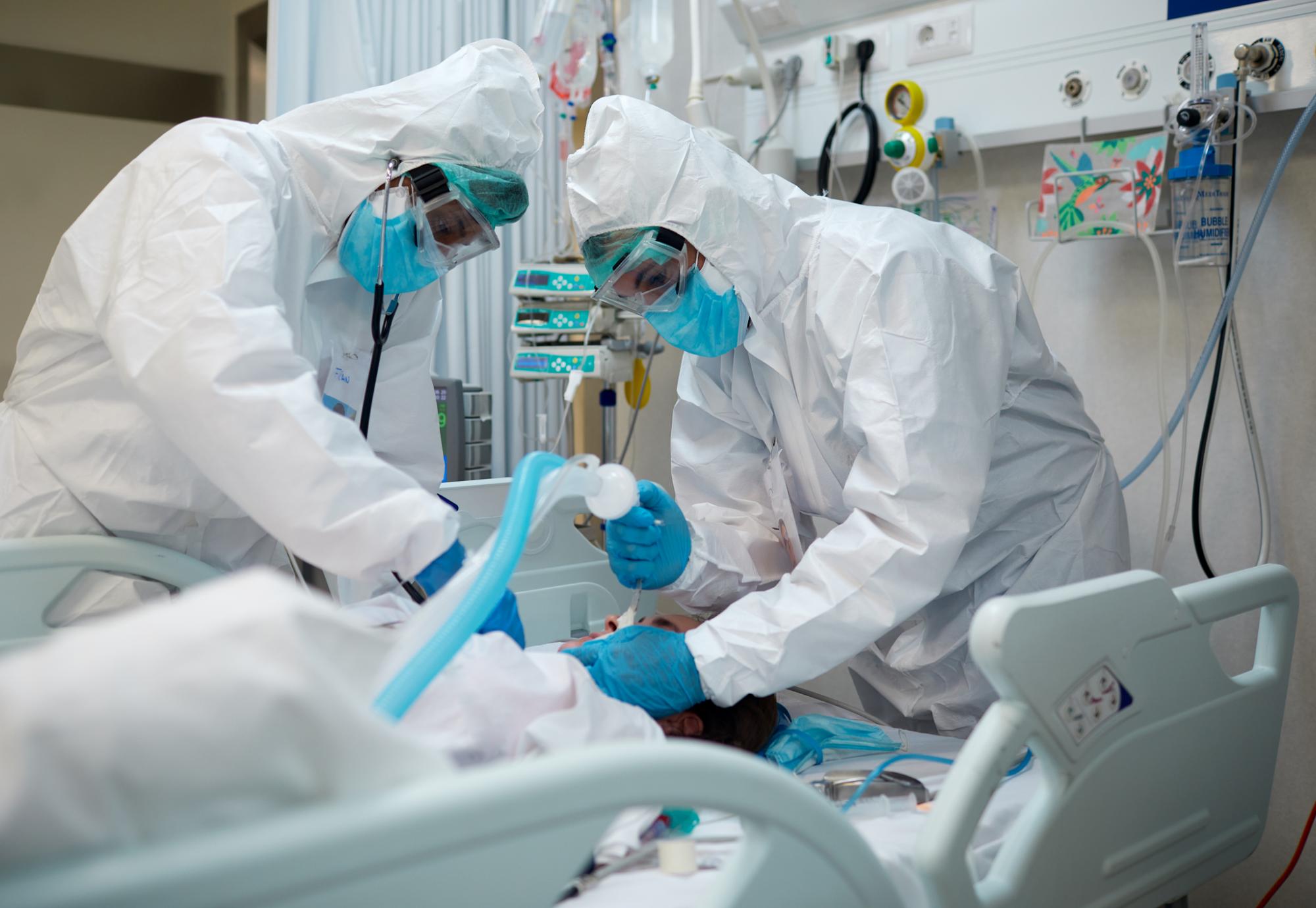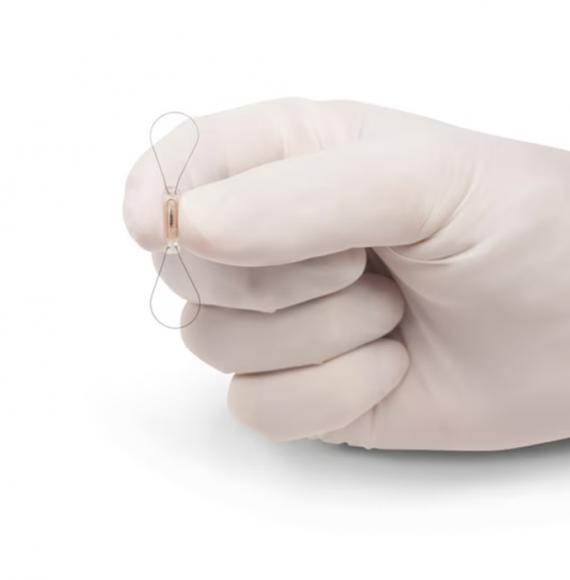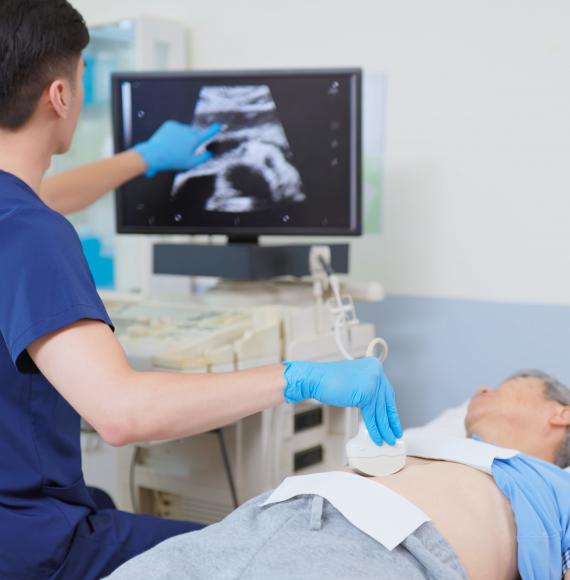A clinical trial ran in the NHS proved dexamethasone, an inexpensive and widely available steroid, to be an effective treatment for Covid-19 nine months ago. Now, newly-published data has shown the steroid treatment has been involved in saving around one million lives worldwide.
The same figures, revealed in a paper to the NHS England board looking at the health service’s response to the coronavirus pandemic, showed the drug to have saved 22,000 lives in the UK.
Led by scientists and researchers from the University of Oxford, and involving tens of thousands of patients and 175 NHS hospitals, the RECOVERY trial was able to announce the beneficial treatment effects of dexamethasone in June 2020.
Since then, it has been used to treat millions of seriously unwell Covid-19 patients, with RECOVERY researchers finding it cut the risk of death for Covid-19 patients on ventilators by a third.
Those receiving oxygen saw their risk of death cut by almost a fifth when treated with dexamethasone.
Previously, the steroid treatment was used for a wide range of ailments, including skin conditions and allergies.
It is now being used around the world to improve the survival rates of Covid-19 patients requiring oxygen or ventilation.
With the NHS heavily involved in the breakthrough research in hospital settings, it also made dexamethasone available to patients on hospital wards in England just hours after the positive results of the trial were announced.
NHS Chief Executive Sir Simon Stevens said: “Thanks to the exceptional work of our researchers, NHS staff and patients, around one million lives may have been saved around the world.
“Research that would usually take years produced answers in record time – with results that have reverberated across the globe.
“Just as this virus has spread across borders, so too must the treatments and vaccinations that are humanity’s shared ‘exit strategy’ from this pandemic.”
Professor Stephen Powis, NHS Medical Director, added: “None of us have previously lived through a year like this one, in which NHS staff responded quickly to care for the first cases last January and went on to expertly treat 380,000 hospitalised Covid patients.
“At the same time, they kept routine services going for millions of people, as well as rolling out the biggest and fastest vaccination programme in our history, giving more than 23 million people vital protection against the virus.”



















